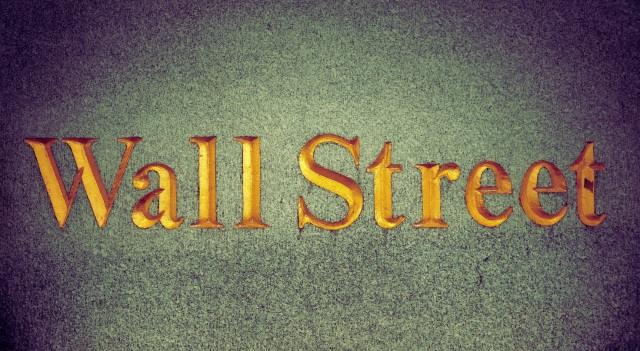The major U.S. index futures are currently pointing to a roughly flat open on Wednesday, with stocks likely to show a lack of direction after ending the previous session mixed.
U.S. stocks closed mixed on Tuesday after a cautious session, as investors looked ahead to the release of some crucial U.S. data, including a report on consumer income and spending, for more clarity about the outlook for Federal Reserve’s interest rates.
Among the major averages, the Dow settled with a loss of 299.05 points or 0.76 percent, at 39,112.16. The Nasdaq climbed up 220.84 points or 1.26 percent, to 17,717.65, while the S&P 500 ended up by 21.43 points or 0.39 percent, at 5,469.30.
Nvidia rallied nearly 7 percent, rebounding after recent losses. Meta Platforms, Alphabet, Apple Inc., Eli Lilly, Micron Technology, Uber Technologies, Arista Networks, Palo Alto Networks, Dell, and Airbnb also posted strong gains.
Boeing, Nike, Goldman Sachs, IBM, Pfizer, McDonalds Corporation, Wells Fargo, Bank of America, Home Depot and Johnson & Johnson declined sharply.
Walmart ended lower by more than 2 percent, after the company’s CFO flagged the second quarter as the “most challenging quarter”.
On the economic front, the Chicago Fed’s measure of overall economic activity and related inflationary pressure in the United States rose in May for the first time in three months, survey results showed.
The Chicago Fed National Activity Index, or CFNAI, rose to +0.18 in May from -0.26 in April, which was revised from -0.23.
U.S. house prices rose less than expected in April, after stagnating in the previous month, latest data from the Federal Housing Financing Agency showed.
The seasonally adjusted house price index increased 0.2 percent from the previous month. Economists had forecast a 0.3 percent gain. March’s 0.1 percent increase was revised down to 0.0 percent.
House prices rose 6.3 percent year-on-year in April, which was more than double the 3.1 percent gain registered in the same month last year.
Survey data from the Conference Board showed consumer confidence in the U.S. eased slightly in June as households’ economic expectations eroded. The Conference Board Consumer Confidence Index fell to 100.4 from 101.3 in May. Economists had expected a reading of 100.
The Expectations Index, which mirrors consumers’ short-term outlook for income, business, and labor market conditions, slid to 73.0 from 74.9 in May.
